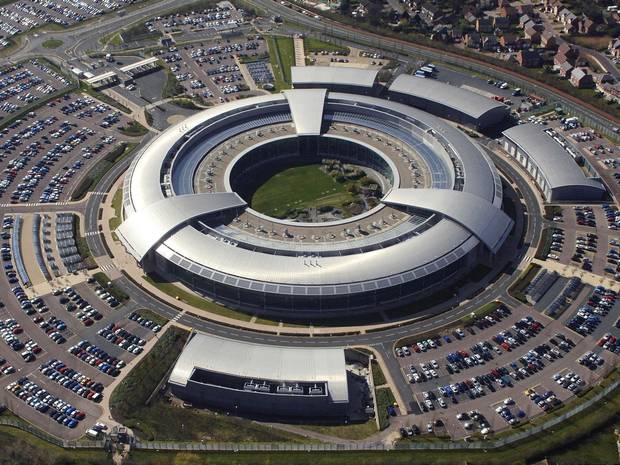New data bill contains 'sweeping surveillance powers that affect everyone in UK'
The Data Retention and Investigation Powers Bill (DRIP) is being sped through parliament - but campaigners say it contains new surveillance powers

Your support helps us to tell the story
From reproductive rights to climate change to Big Tech, The Independent is on the ground when the story is developing. Whether it's investigating the financials of Elon Musk's pro-Trump PAC or producing our latest documentary, 'The A Word', which shines a light on the American women fighting for reproductive rights, we know how important it is to parse out the facts from the messaging.
At such a critical moment in US history, we need reporters on the ground. Your donation allows us to keep sending journalists to speak to both sides of the story.
The Independent is trusted by Americans across the entire political spectrum. And unlike many other quality news outlets, we choose not to lock Americans out of our reporting and analysis with paywalls. We believe quality journalism should be available to everyone, paid for by those who can afford it.
Your support makes all the difference.Privacy campaigners and lawyers have warned that emergency data legislation currently being ‘railroaded’ through parliament gives the government “sweeping” new surveillance powers, despite assurances from David Cameron and other party leaders that the Bill only maintains current practices.
The Data Retention and Investigation Powers Bill (DRIP) was unveiled by Cameron last week as an ‘emergency’ measure to replace surveillance laws declared illegal by the European Court of Justice in April.
The Bill requires that internet service providers (ISPs) and mobile operators store customer metadata for twelve months at a time for the benefit of law-enforcement, with the Government stressing that this information is needed in “95 per cent” of criminal cases.
However, critics of the Bill say that it also contains clauses that expand the UK’s ability to directly intercept phone calls and digital communications (eg emails, texts) with changes to a set of laws known as the Regulation of Investigatory Powers Act (RIPA).
Of the five clauses in the Bill, three refer to RIPA: the first limits intercept powers so that the UK cannot tap calls for the benefit of the country’s “economic well-being” but the second makes it clear that RIPA covers non-UK companies while the third expands the definition of “telecommunication services” to the broad “companies who provide internet-based services”.
Privacy campaigners and lawyers have said that collectively these amendments broaden RIPA’s power, although the Government maintains that the new clauses only put current practice on a sound legal footing.

David Allen Green, the head of media practice at Preiskel & Co and better-known as law blogger Jack of Kent, told The Independent: “They’re trying to make out this is clarificatory – but if you read through the Bill these are substantial amendments. They are creating things legally that weren’t there before.”
Graham Smith, a private practice lawyer specializing in internet law, notes that the new laws could allow the interception and retention of data from “any remote storage ”; this includes consumer services like iCloud and Google Drive used to store documents and photos.
“There is obvious potential for this to cover a very broad spectrum of activities,” wrote Smith in a blog post. “It is exactly the type of provision that deserves the fullest Parliamentary scrutiny.”
Isabella Sankey, policy director at civil liberty group Liberty, told MPs in a briefing note circulated this weekend: "This fast-track legislation contains sweeping surveillance powers that will affect every man, woman and child in the UK."
The manner in which the new legislation is being ‘railroaded’ through parliament has also been criticized with former shadow Home Secretary David Davis describing the ‘emergency’ as “theatrical” only while Labour MP Tom Watson called the Bill's introduction a “stitch-up”.
NSA whistle-blower Edward Snowden even compared the legislation to the ‘Protect America Act of 2007’ introduced by former-President George W. Bush. This legislation also cited the dangers posed by terrorists and criminals as its reason for expanded surveillance powers. Referring to the UK bill Snowden said: "The NSA could have written this draft."
Join our commenting forum
Join thought-provoking conversations, follow other Independent readers and see their replies
Comments